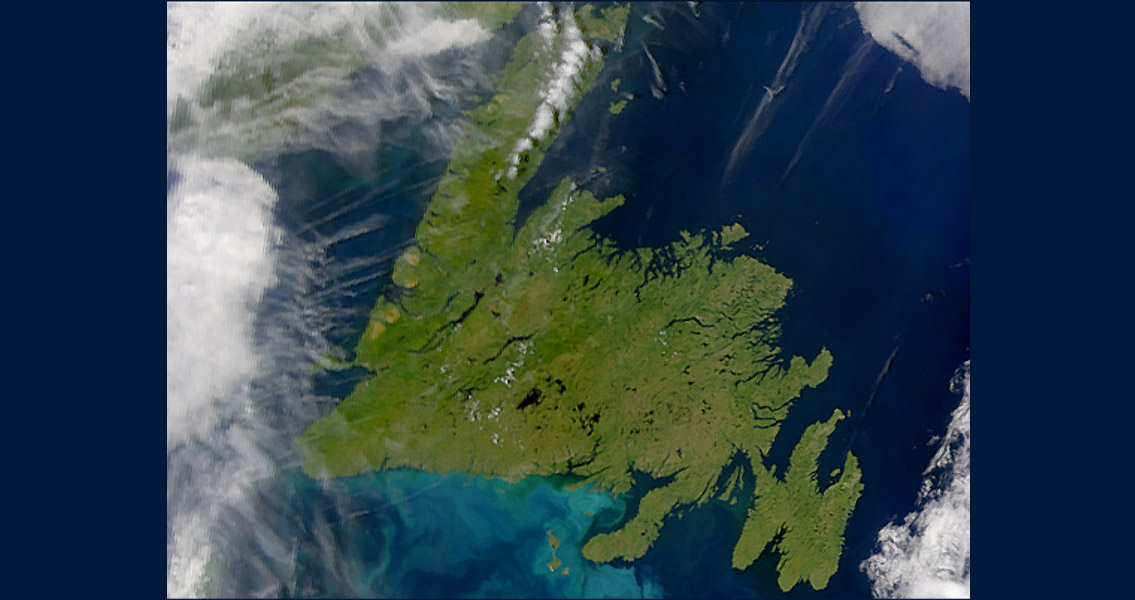<![CDATA[A team of archaeologists have utilized satellite imagery to reveal a site in North America that could bear evidence of Viking habitation – the first of its kind to be discovered in more than 50 years. A region of southern Newfoundland known as Point Rosee, the site has the potential to reveal much about the Viking exploration and settlement of North America, based on preliminary excavations, magnetometer surveys, and a close analysis of satellite imagery. The only other North American location that bears evidence of Vikings is around 300 miles away from Point Rosee, a site known as L’Anse Aux Meadows in the northern reaches of Newfoundland, discovered in the 1960s. The investigation began with a wide-range scan of the North American eastern seaboard, facilitated by orbiting satellites more than 475 miles above the surface of the Earth. The high-resolution cameras these satellites are equipped with are powerful enough to pinpoint evidence of ruins nearly a foot below ground; the satellites flagged Point Rosee as a potential site, and the magnetometer surveys and preliminary digs conducted on-site revealed what have been described as rectilinear features beneath the surface. Additional analysis has placed the site as active between 800 CE and 1300 CE, based on radiocarbon dating. Additionally, the individuals onsite might have been involved in ironworking at the time, with evidence of roasted iron ore being discovered in the preliminary dig. Now that initial analysis has yielded the possibility that the site has more mysteries to reveal, researchers say that investigations are on track to continue at Point Rosee. If further research does reveal that the site was indeed inhabited by intrepid Norsemen, it will be evidence of the furthest that Vikings had come into North America by a 300-mile margin. The initiative, headed in part by University of Alabama, Birmingham archaeologists Sarah Parcak and Gregory Mumford, involved the participation of a large number of experts from other North American universities and archaeological organizations. The details of the investigation, which were documented by a joint co-production by the BBC and PBS, will be featured in an upcoming episode of NOVA, the PBS science series. The episode, entitled “Vikings Unearthed,” will be made available online from April 4 and will premiere on PBS on April 6. In a NOVA press release, the scientists involved in the research said that so far, signs do point towards evidence of a Viking presence, both from the viewpoint of date and affiliation. However, it is simply much too early to declare the find as definitively Norse; the discovery must first be examined closely and verified by independent researchers before it can be declared in favor of a Viking presence. If this is the case, Point Rosee will join L’Anse Aux Meadows as the only widely-accepted instances of Viking habitation in the region that is now the USA and Canada, as the remainder of confirmed evidence of Norse settlement west of Europe exists exclusively in Greenland, where a Viking settlement lasted for several hundred years before eventually being abandoned, likely a result of plummeting temperatures due to climate change in the fourteenth century. ]]>
Satellite Imagery Reveals New North American Viking Site?
